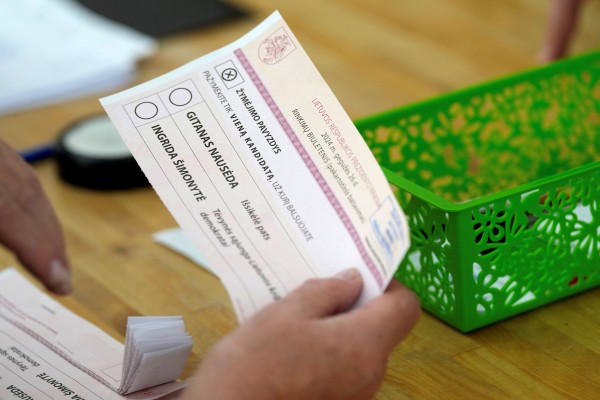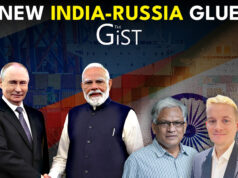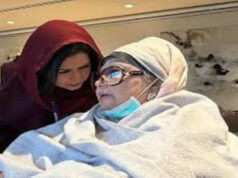VILNIUS: Gitanas Nauseda looked set to secure a second term in office in a presidential election runoff in Lithuania on Sunday.
The Baltic nation of 2.8 million people has been a staunch ally of Ukraine since Russia’s 2022 invasion. Like other countries in the region, it worries it could be Moscow’s next target.
🇱🇹🗳️ Lithuania’s incumbent president leads early election vote count

(Reuters) – Lithuania’s incumbent President Gitanas Nauseda held a commanding lead in the final round of the Baltic nation’s presidential election on Sunday, official data showed as vote counting continued. pic.twitter.com/QzIa9Wks8c— PiQ (@PiQSuite) May 26, 2024
Nauseda, 60, a former senior economist with Swedish banking group SEB, is not affiliated with any party. He won the first round of the election on May 12 with 44% of the votes, short of the 50% needed for an outright victory.
Partial results with 30% of ballots counted showed Nauseda winning 82% on Sunday. Prime Minister Ingrida Simonyte, 49, from the ruling centre-right Homeland Union party followed him. Simonyte was the only woman out of eight candidates in the first round. She came second with 20%.
An ELTA/Baltijos Tyrimai poll showed just over half of Lithuanians believe a Russian attack is possible or even very likely. Russia has regularly dismissed concerns that it might attack a NATO member.
Nauseda told a debate on Tuesday he sees Russia as an enemy.
“Our enemies – who even call themselves our enemies, who are enemies of us and all the democratic world – are attempting to destabilise our politics, and we must do all to resist.”
Both candidates support raising Lithuania’s defense spending to minimum 3% of GDP from 2.75%.
(REUTERS)
In a career spanning three decades and counting, Ramananda (Ram to his friends) has been the foreign editor of The Telegraph, Outlook Magazine and the New Indian Express. He helped set up rediff.com’s editorial operations in San Jose and New York, helmed sify.com, and was the founder editor of India.com.
His work has featured in national and international publications like the Al Jazeera Centre for Studies, Global Times and Ashahi Shimbun. But his one constant over all these years, he says, has been the attempt to understand rising India’s place in the world.
He can rustle up a mean salad, his oil-less pepper chicken is to die for, and all it takes is some beer and rhythm and blues to rock his soul.
Talk to him about foreign and strategic affairs, media, South Asia, China, and of course India.





